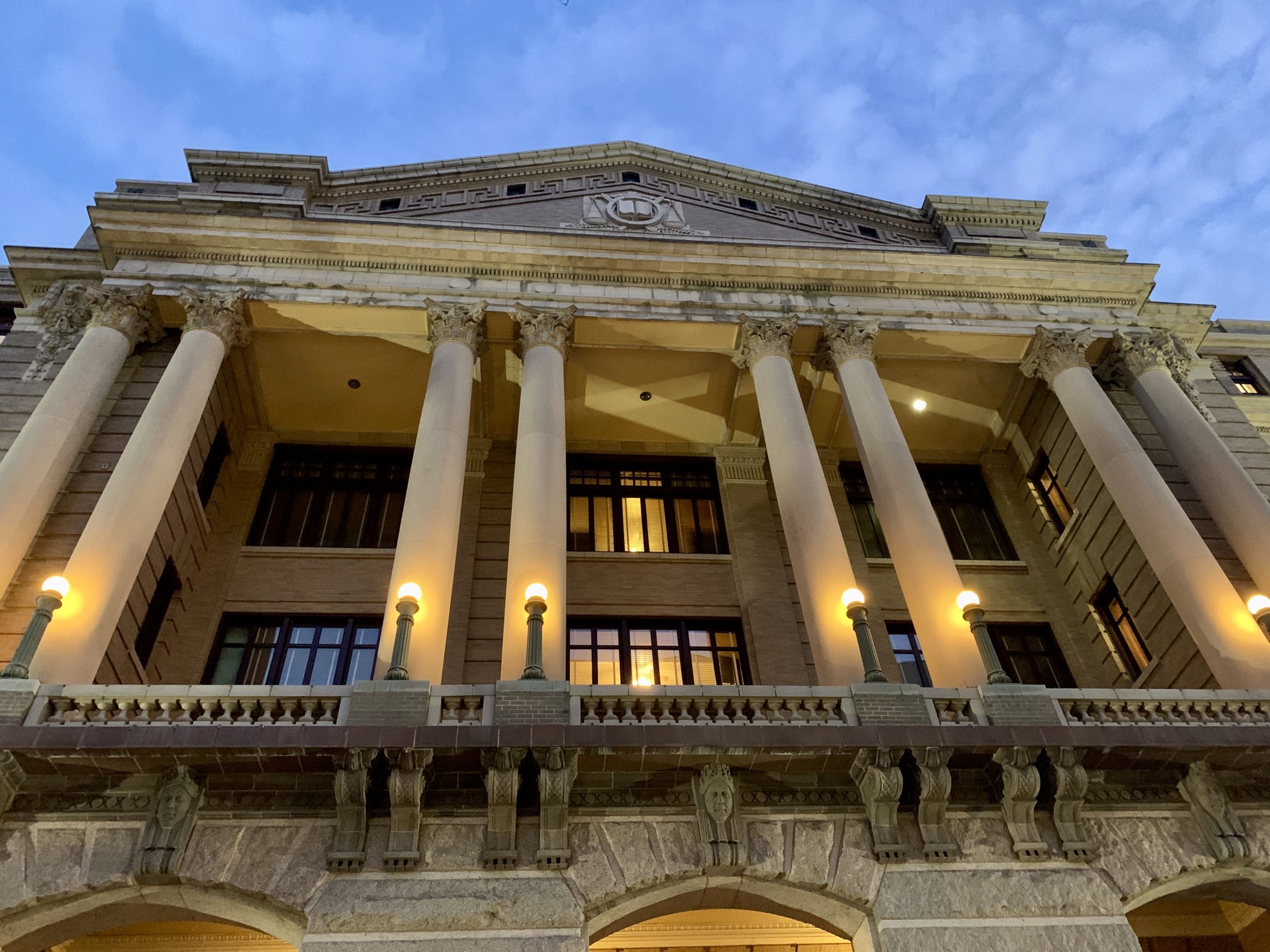Justice Eva Guzman Charts Trailblazing Course Through Texas Judiciary
The journey to the top for Texas Supreme Court Justice Eva Guzman has been an unusual one, filled both with obstacles and firsts. As she takes her place this fall as senior justice, Janet Elliott profiles the rise of a woman who embraces her non-traditional path as part of her belief in the law.


